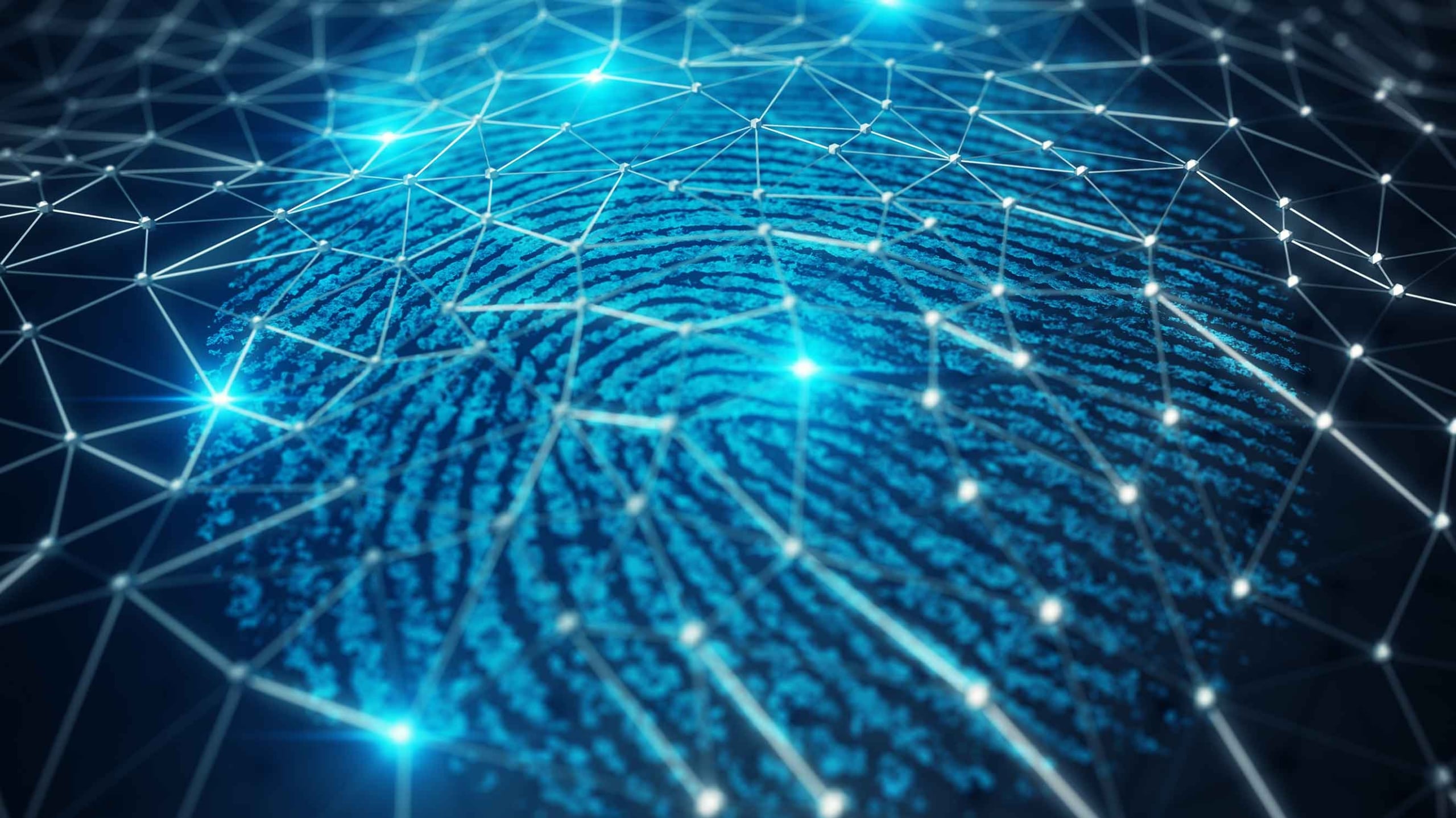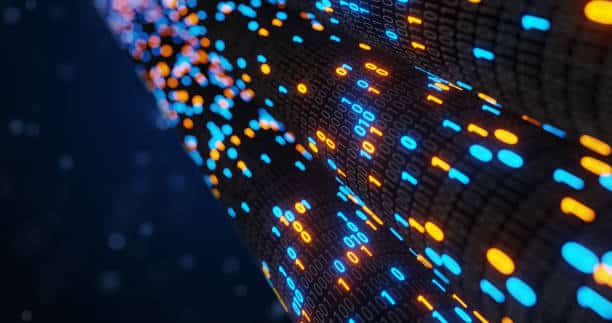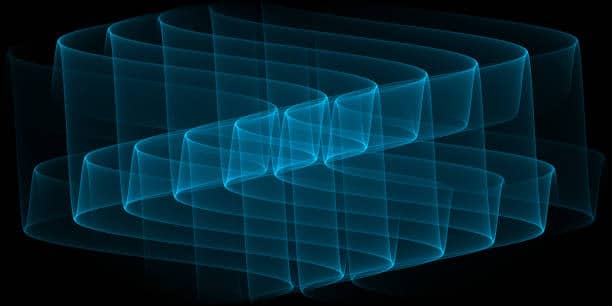Part 2: Hacker Movies (and Cybersecurity Concerns) Go Mainstream
The early reviews of Blackhat are in, and it doesn’t look favorable. Maybe Hollywood will have better luck depicting cybercrime on television with shows like Scorpion and the upcoming CSI: Cyber. But in any case, we’ll tread on with our 3 part series of movie reviews.
In our previous post about Tron and WarGames, we looked at two early interpretations of the digital world, of security measures and vulnerabilities. But as the internet grew and computers proliferated, a hacker counterculture emerged and cybersecurity became a realistic household concern.
In this post, we’ll look at three movies from the grungy 90s: one about encryption and cracking, one about the digital footprint and identity theft, and one about the hacker lifestyle and how Angelina met her first husband.
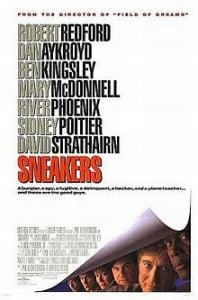
Sneakers
(as reviewed by Derek, a DomainTools engineer)
Of all the hacking movies, 1992’s Sneakers is the most realistic in terms of what you can do with a computer. Yes, it still takes liberties with things. It’s a movie and actual hacking is pretty mundane stuff. But the hacking in Sneakers centers on social engineering and accessing poorly secured networks which is (and, aside from nation states, probably always will be) the heart and soul of what real life hackers actually do. And with all the recent bleeding heart poodles bashing in our doors, securing a network is no small task.
As hacking tends to be more about taking advantage of what’s already broken or tricking people into giving you more information than they should, Sneakers really does a good job of being entertaining while not being ridiculously far-fetched technologically. The premise is actually reasonable.
Even before today, there has been concern that the NSA may have been involved in weakening encryption standards in order to maintain access to encrypted data. In the case of DES-56, the NSA actually did improve algorithmic security, but reduced resistance to brute force attacks by recommending a shortened key length. This meant that being clever wouldn’t help you break the encryption, but having massive resources might help. A few years after the movie, the EFF was able to build a “cheap” DES cracker sort of similar to the box in Sneakers (though it was larger than an answering machine and worked in a matter of days rather than in realtime).
Editors’ Note: It’s a good thing encryption technology has advanced quickly too, and as we know, the NSA always has the best intentions in mind.
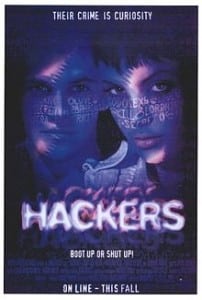
Hackers
(as reviewed by Yul, DomainTools assistant sysadmin)
The movie Hackers was much less about the act of hacking and more about the people doing the hacking. The representation of the technology and of the methods of hacking was almost a caricature of what actually happens, but it got the point across to the PG-13 audience.
The hackers themselves were represented as punk era digital cowboys, most of them fighting for the freedom of information and access, going up against the institution which sought to repress the anarchistic effects of this developing counterculture. The counterculture of outsiders was itself represented as a bunch of grunge-era loners who unite for the grand purpose of protecting one of their own.
This movie tried (and arguably succeeded in) making hackers look cool. And that’s not hard to do when you bring together (in this movie and in real life) Johnny Lee Miller and Angelina Jolie. When you give them cool handles, you build a memorable cast of characters. Case in point: Zero Cool, Crash Override, Acid Burn, Lord Nikon, Cereal Killer, The Phantom Phreak, The Plague, Razor and Blade. Back in the 90s, didn’t you wish you had one of these awesome handles?
Another interesting point: like most hacker movies before, this one makes the “cybersecurity” person the bad guy in the story. When will Hollywood realize who the real heroes are? I bet Sony knows what I’m talking about.
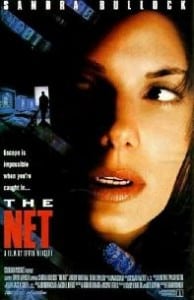
The Net
(as reviewed by Tim, the product guy)
Ahh, The Net and the 90s. Such quaint days, technologically speaking, and yet some things haven’t changed.
Geeks getting online from the beach? Check.
BMWs looking better than all the other cars? Check.
Identity theft? Check!
Sandra Bullock’s security-geek stumbles into a cybercrime network, just as she’s headed out on vacation (natch). Boilerplate drama ensues, replete with plane crashes, car chases, guns, double-crossing confidants–all against a backdrop of deepening global cyber chaos. Aside: was any living human actually surprised by the true nature of the “security” program called Gatekeeper?
True to form, let’s gleefully skewer the kinds of details we’d have called “fakey” as kids: three-octet IP addresses with numbers like 345! Convenient gTLDs like “.justice” and “.world!” Sandra Bullock in mom jeans! By pure coincidence, on the very day that things are about to pass the point of no return, a computer trade show has come to town, and what’s more, our heroine seems to have been pre-registered! Armed with guts, smarts, and a 3-½” floppy, she takes care of business faster than you can say “badge scan.” Who knew it was that easy to save the world? Fortunately for civilization (spoiler alert!), Bullock’s Angela Bennett does.
Editor’s Note: Anyone else still have “Mozart’s Ghost, the hottest band on the internet” stuck in their heads after 20 years?
Coming Attractions…
How has the proliferation of Hugh Jackman leading roles and the increase in broadband connections changed hacking in movies? Find out in our next installment.
